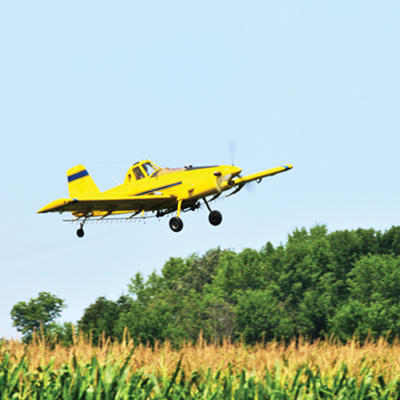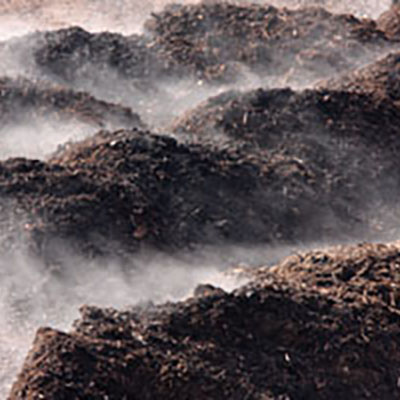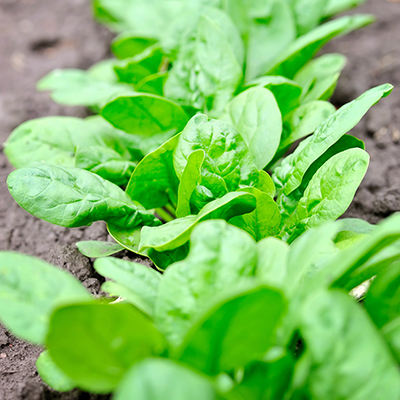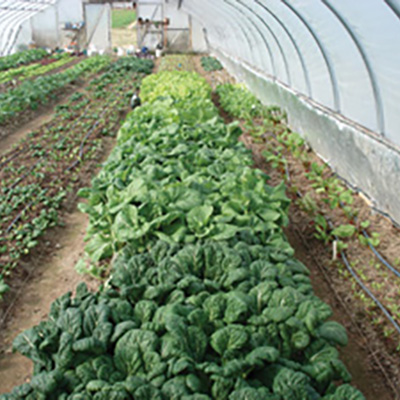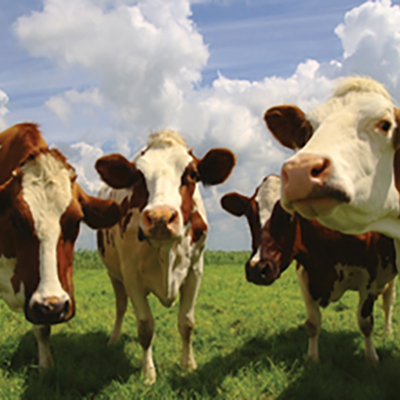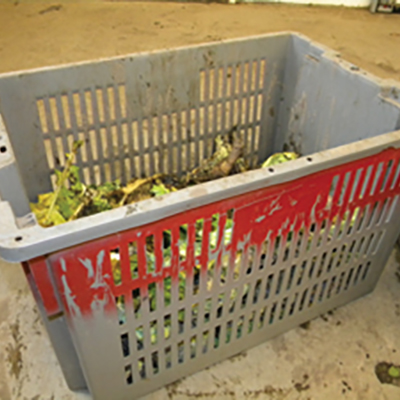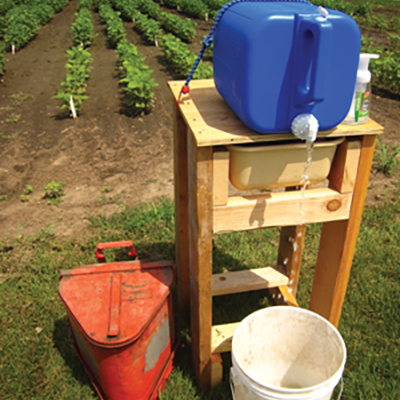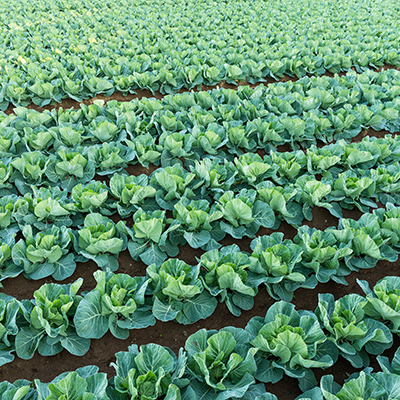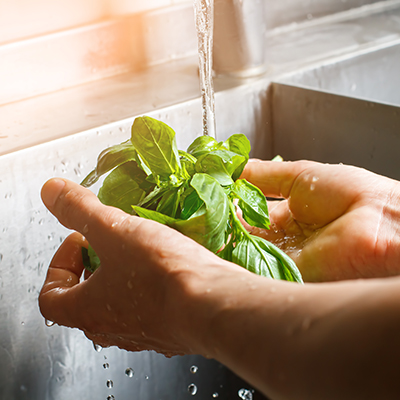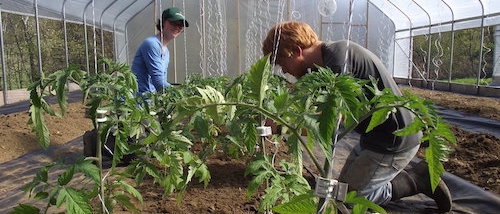Growing for Market in partnership with Johnny's Selected Seeds has created a library of expert information about growing and selling vegetables and flowers. Links in the article will take you to johnnyseeds.com.
Subscribe to Growing for Market for more great ideas about growing and marketing!
For more topics in the series, click on Market Farming Basics in the left column.

![]()
Too many tomatoes? Maybe you should make salsa. Beautiful herbs? Herbal oils and vinegars might sell well. The bumper crop of peppers? Perhaps you can sell them roasted. Value-added products such as these are popular items at farmers markets and local stores, and they can increase revenue and extend the selling season for many farms.
But getting into value-added products takes research, planning and, in some cases, specialized training and certification. It all depends on what kind of product you want to make.
Most processed foods have to be made in a commercial kitchen that has been inspected and certified by a state or local health department. Some states may make an exception for farmers market vendors, though, so the first place to check on requirements is with your farmers market manager. Even if you don't need to use a commercial kitchen, you might prefer to rent one because the work will go faster with appropriate equipment. Many churches, restaurants, and other small food processors are willing to rent their kitchens, so check around locally. Renting a kitchen is also a good way to test market a product. If it flies, and you enjoy the work, you can think about building your own commercial kitchen later.
The next step is to learn recommended food safety practices for making your product. The U.S. Food and Drug Administration's Center for Food Safety and Applied Nutrition publishes Good Manufacturing Practices (GMPs) for food processors. Those recommendations are at the FDA website (http://www.fda.gov/Food/GuidanceComplianceRegulatoryInformation/CurrentGoodManufacturingPracticesCGMPs/ucm110877.htm)
Another resource is your state Cooperative Extension Service, which may be able to provide you with specific instructions for making a product, as well as help you meet labeling requirements.
If you are considering a low-acid food such as soups, you need to attend the Better Processing Control School, which is held several times a year. Again, Extension can help you find the training.
As for peppers, chile roasters are appearing at farmers markets everywhere. The price of a propane-fired chile roaster ranges from about $300 for a small, tabletop hand-cranked model to $3,000 for a large model on wheels with an electric motor. Although they can increase the value of peppers significantly, they usually need an extra employee to tend them at market, and they have to be thoroughly cleaned before and after use. They may need special licenses because of the open flame, and roasted chiles may even be banned in some places because of food contamination concerns. Check with your local health department for any regulations that may apply.
• Subscribe to Growing for Market for the latest news and ideas.
Reprinted from JSS Advantage September 2009.


